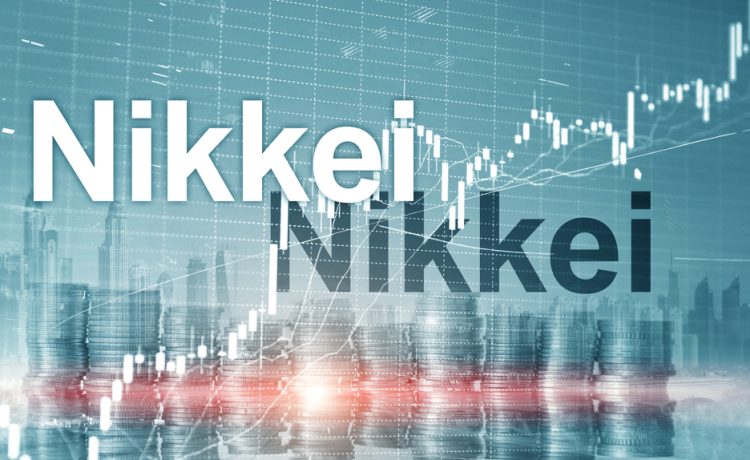Nikkei slumped 2.52%, Australian stocks tumbled 2.02%, Kospi shed 1.50%, Taiwan’s benchmark declined 2.18%, and MSCI index of Asia-Pacific stocks tumbled 1.33%
Asian equities followed Wall Street sharply lower and bonds rallied on Friday, as risk sentiment soured amid growing worries that inflation may persist even after global growth has peaked.
Japan’s Nikkei slumped 2.52% to the lowest level since Sept. 3, while Australian stocks tumbled 2.02%, South Korea’s Kospi shed 1.50%, and Taiwan’s benchmark declined 2.18%.
An MSCI index of Asia-Pacific stocks tumbled 1.33% to its lowest since Aug. 24.
Chinese markets are closed for a week from Friday for the Golden Week holiday.
You can argue whether it’s really stagflation or not, but the whole growth-inflation backdrop seems to have just tilted to a less favourable one, said Rob Carnell, Asia-Pacific head of research at ING in Singapore.
Whether or not this is actually going to get imbedded and create problems for years to come, we don’t need to know right now – it’s sufficiently scary that what we’re seeing in markets is justified, he said.
MSCI’s gauge of stocks across the globe declined 0.27% on Friday to hit the lowest since July 20.
Meanwhile, the benchmark 10-year Treasury note continued to rally in Tokyo trading, with the yield tumbling to the lowest since Sept. 28 at 1.4754%. It was at a more than four-month peak of 1.567% just three days earlier.
Federal Reserve Chair Jerome Powell said on Wednesday that resolving “tension” between high inflation and high unemployment is the Fed’s most urgent issue, acknowledging a potential conflict between the U.S. central bank’s two goals of stable prices and full employment.
A Federal Open Market Committee (FOMC) meeting last week reinforced expectations for asset purchase tapering to start in November, with rate hikes following as soon as next year.
The latest clues on the Fed’s policy normalisation path come with U.S. personal spending and core consumption deflator data later in the day.
Rising employment costs and high inflation expectations suggests a sharp fall in inflation in line with the FOMC’s transitory narrative is increasingly unlikely, strategists at Commonwealth Bank of Australia wrote in a client note.





